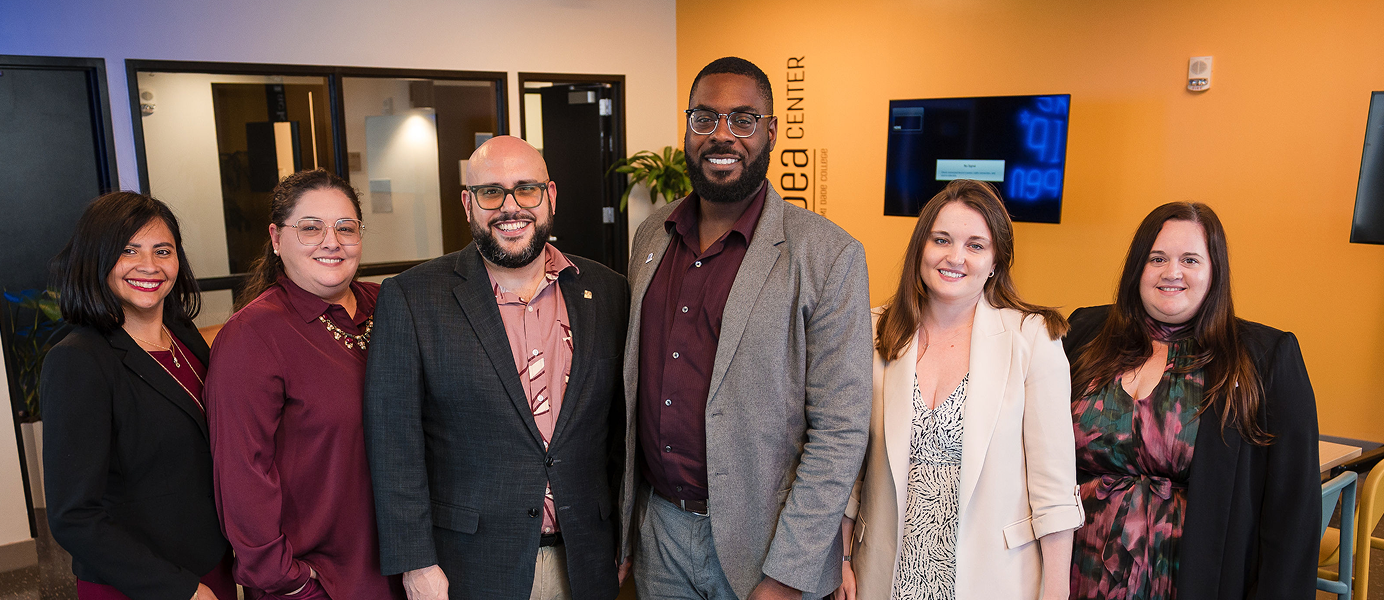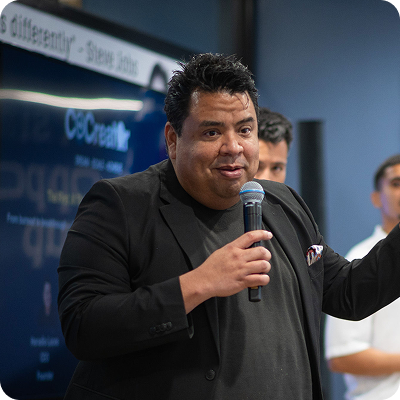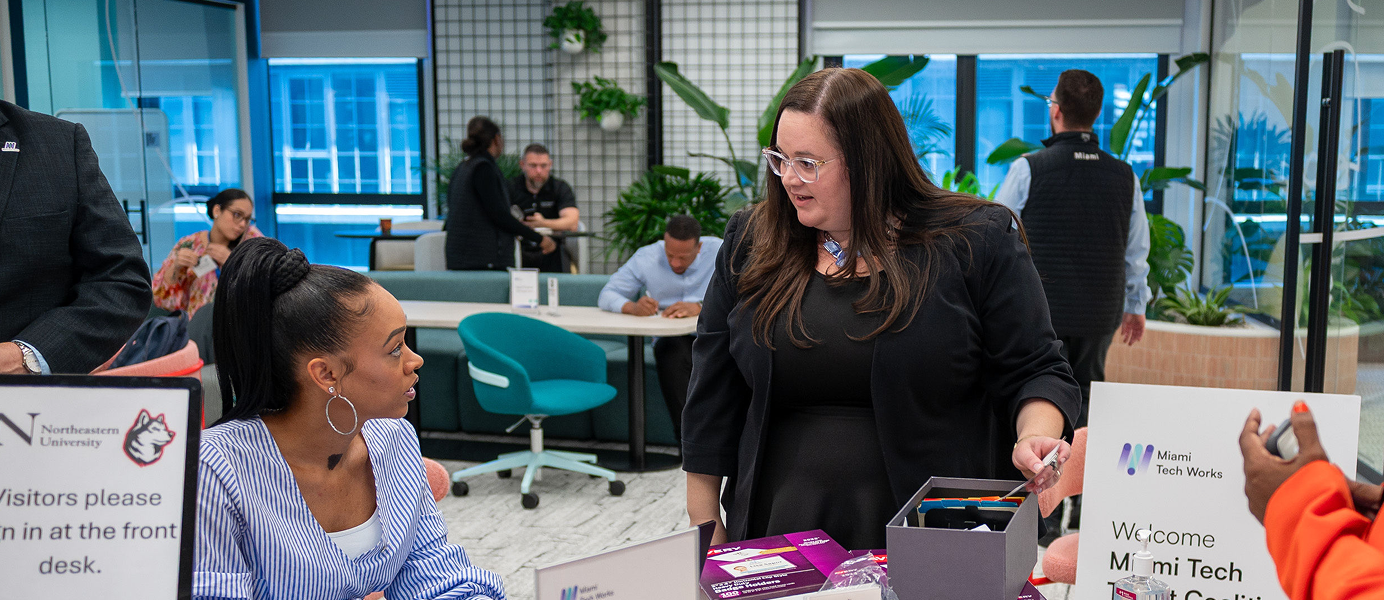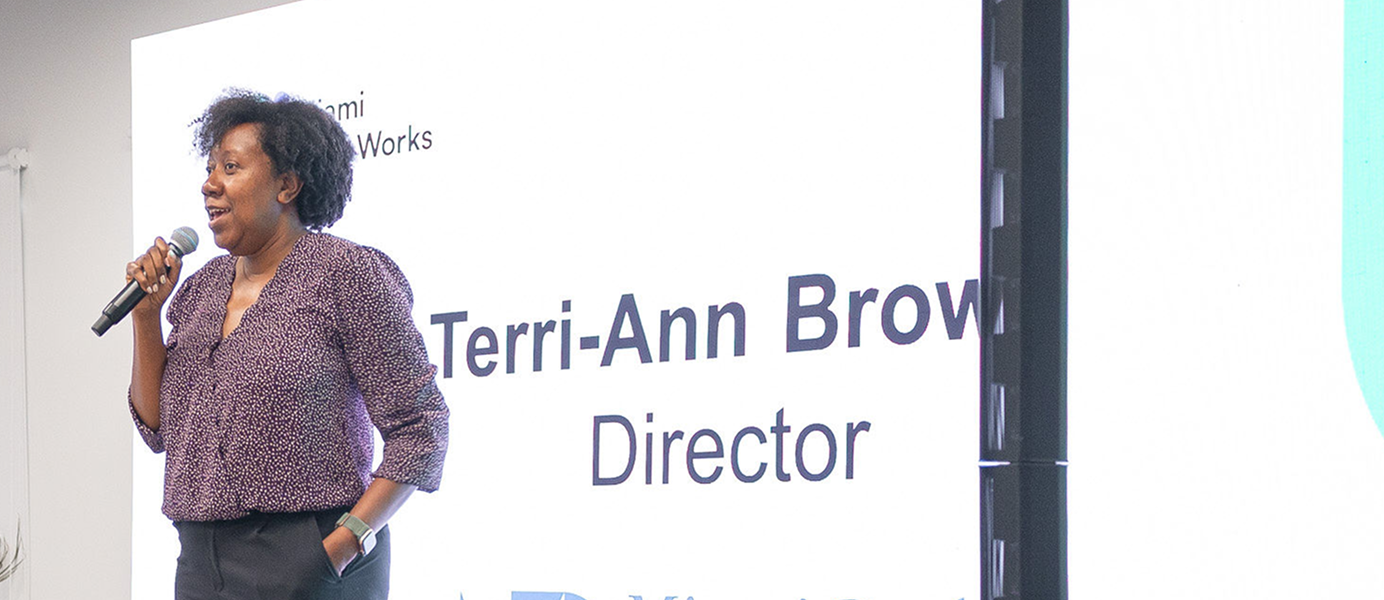
Setting Up Successful Intern Projects


Structured intern projects provide a foundation for developing future tech professionals by showing how to structure intern projects that balance learning opportunities with organizational needs. For employers, hiring managers, and program designers, well-designed projects allow interns to apply classroom knowledge in practical settings while fostering stronger engagement, higher retention, and clearer pathways to long-term careers in technology.
Organizations can create experiences tailored to roles such as front-end development, data management, and quality assurance by defining project scope, selecting appropriate tools, and measuring outcomes. Real-world examples from employer partners in South Florida illustrate how structured projects create experiences that benefit both emerging talent and the organizations that support them.
Effective intern projects follow a repeatable internship project framework that guides planning and execution. By focusing on problem identification, project scope, tools, and desired outcomes, organizations can create meaningful experiences for both interns and teams.

Every impactful intern project begins with a clearly defined problem. Look for challenges that align with organizational priorities while matching the intern’s skills and potential for growth. For example, an intern might be tasked with streamlining a customer onboarding process, gaining hands-on experience in UX design while addressing a real business need.
Projects can stem from workflow bottlenecks, opportunities for innovation, or tasks that connect with the intern’s academic background or career interests. Selecting the right challenge helps interns contribute significantly, learn effectively, and build confidence in their abilities.

Once you identify a problem, defining the project’s scope makes the work achievable. Consider the project's complexity alongside the intern’s skills and available resources, breaking larger objectives into manageable tasks. Establishing a timeline with milestones such as research, design, implementation, and testing for a software development project, provides structure and creates natural points for feedback.
Aligning the scope with the intern’s career interests and learning objectives helps build relevant skills while keeping the project engaging. Whether it involves analyzing data, streamlining a process, or developing a new feature, a clearly defined scope gives interns direction and ensures their contributions support organizational goals.

Tech internships thrive when interns have access to the right tools and technologies, enabling them to contribute effectively while gaining experience with industry-standard platforms. Common tools include Visual Studio Code, Jira, Slack, and Python or SQL, depending on project needs.
Proper access, training, and mentorship help interns adapt quickly and work efficiently. When supported with the right resources, interns develop a versatile skill set while projects run more smoothly.
Clear, measurable outcomes set the stage for successful intern projects. These benchmarks should align with the intern's learning goals and the organization's strategic objectives. For a front-end development intern, an outcome might be launching a new UI feature that cuts page load time by 20 percent or boosts user engagement by 15 percent.
Concrete metrics allow teams to gauge progress and pivot if needed. They also give interns tangible achievements to showcase on their resumes. Regular check-ins to review these outcomes keep projects on track and address hurdles quickly. By defining success upfront, companies create a roadmap for intern projects that drives growth and delivers value on both sides.
Key elements when outlining outcomes include:
Well-defined outcomes transform intern projects from simple tasks into strategic initiatives that benefit everyone involved.
By aligning interns with meaningful internship tasks that match their role, organizations create win-win scenarios for talent and business outcomes. Here are some high-impact project ideas across key tech functions:


Front-End Development Projects

Data Cleanup and Management

Quality Assurance Testing
Thoughtfully structured internships do more than fill a temporary role—they help cultivate a pipeline of professionals ready to contribute from day one. When interns tackle real business challenges, both they and the organization benefit.
Interns can apply classroom knowledge to practical scenarios, building confidence and expanding their skill set. For example, a data analysis intern might optimize inventory forecasting, gaining hands-on experience with industry tools while delivering valuable insights for the organization. Similarly, interns working on projects like user interface redesigns or process improvements can provide tangible value while developing skills directly relevant to their career goals.
Organizations benefit from fresh perspectives and innovative solutions to persistent challenges. Structured projects allow companies to evaluate technical aptitude, problem-solving ability, and cultural fit over the course of the internship, leading to more informed hiring decisions and higher conversion rates from intern to full-time employee. Companies that maintain structured internship programs often see stronger retention among those hires, as interns gain a deeper understanding of company culture, processes, and expectations while feeling invested in the work they contribute.
Well-structured internship projects allow interns to apply their skills to real-world challenges while helping organizations strengthen their talent pipelines. By focusing on clear problem statements, thoughtfully defined scopes, appropriate tools, and measurable outcomes, companies create experiences that support skill development, engagement, and meaningful contributions. These approaches illustrate effective internship success strategies, helping organizations evaluate technical aptitude, problem-solving ability, and cultural fit while providing interns with hands-on experience and confidence.
Employers and program designers looking to elevate their internship programs can explore partnership opportunities with Miami Tech Works. Contact us to learn more about designing projects that develop emerging talent and support long-term organizational goals.



